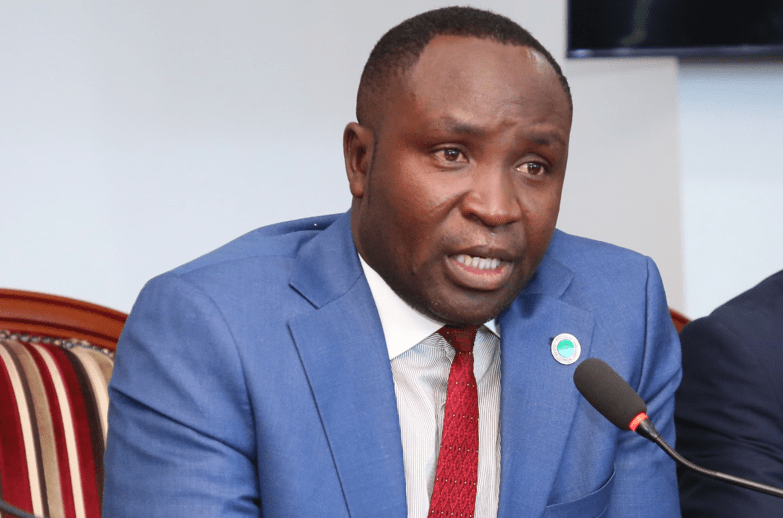Days into SHIF rollout, health centres turning away patients

One week after the government started rolling out the Social Health Insurance Fund (SHIF), chronically ill patients are still being turned away from health facilities for lacking insurance.
Meanwhile, yesterday, the Kenya Union of Clinical Officers (Kuco) expressed concerns that members working in public hospitals had not received their salaries since July and many were sleeping at work and eating with patients.
The union claimed the rolling out of SHIF was chaotic and disorganisd. Kuco secretary general George Gibore lamented the working conditions of intern clinical officers across the country.
“As the transition from NHIF to [SHIF] unfolds, clinical officers – who provide over 70 percent of all clinical services in Kenya – remain indispensable to our healthcare system,” he said.
Proper procedures
The Social Health Authority (SHA), he claimed, was failing to follow proper procedures and was undermining the foundation of healthcare delivery and violating the Social Health Insurance Act.
The Act stipulates in Section 32(2) that healthcare providers or facilities seeking to work with SHA must apply through the relevant accreditation body. Part V (3) of the social health regulations states that SHA must list all licensed and certified healthcare providers and facilities as submitted by the accreditation body to ensure quality of care.
But Gibore noted that despite this legal framework, SHIF – in collaboration with the Ministry of Health – started operations without first onboarding clinical officers and facilities accredited by the Clinical Officers Council.
“This unlawful oversight has left clinical officers and their facilities in limbo, effectively sidelining over 1,000 healthcare facilities owned by clinical officers, including 834 facilities that were already serving Kenyans under the NHIF scheme,” he said.
He added that the exclusion is causing a breakdown in healthcare services, depriving Kenyans of access to care and exposing patients to suffering.
Clinical officers have raised the issue with the Principal Secretary for Medical Services, who instructed SHA to empanel healthcare providers and facilities registered under the Training, Registration, and Licensing Act, No. 20 of 2017.
“Despite our efforts – such as holding meetings with SHA in August and following up with written communication on 10th September – the situation remains unresolved,” Gibore said.
“SHA’s continued negligence raises serious questions about its commitment to ensuring that Kenyans have access to vital healthcare services.”
Degrading conditions
Adding to the chaos, Gibore said, was that clinical officer interns who were posted for internships on April 1 had not received their stipends or medical cover.
This, he noted, had pushed many interns into degrading conditions, such as sleeping in hospital wards alongside patients and relying on meals intended for patients.
“Some interns are left to depend on their families, well-wishers, or fundraising efforts to cover medical expenses, despite working 11-hour shifts, seven days a week,” he lamented.
Meanwhile, BSc clinical officer interns, who began their internships two months ago, were in a state of uncertainty. They were posted without formal terms, pending a court ruling expected on 17 October.
These interns, along with others in healthcare, account for 27 percent of the healthcare workforce.
“Failing to support them is not only detrimental to their well-being but also jeopardises Kenya’s ability to meet its healthcare obligations and achieve Universal Health Coverage,” Gibore.
Meanwhile, the Non-Communicable Diseases Alliance (NCDA) has called on the government to revise the cost of dialysis, among other costs involved in chronic illnesses management.
Some NCDA members battling chronic kidney failure had failed to receive services, especially dialysis, when they visited hospitals, said programme manager Gideon Ayodo.
“They are experiencing major challenges, and some of the private hospitals they have visited for services have asked them to top up so that they can be attended to,” he said at a media sensitisation workshop in Nairobi.








